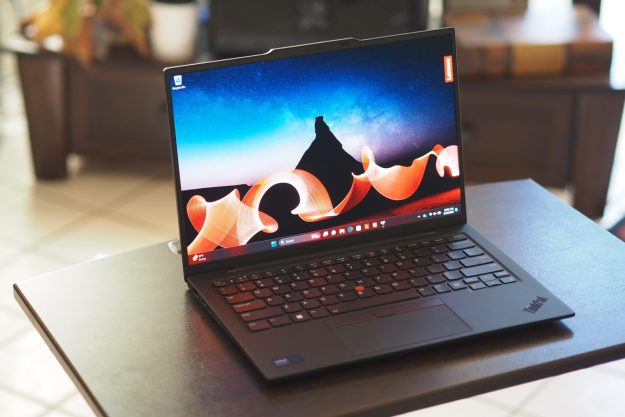
Rupert Murdoch’s move to online users to pay for content they read is infamous at this point. The publishing impresario has some of the most popular newspapers in the world under his News Corp umbrella.
Murdoch is also running one of the few successful publications online that charges for access — The Wall Street Journal. The catch for Murdoch is that there is a well known workaround for accessing WSJ content online without having to pay or register with the publication — Google. You can search the title of most any WSJ story that requires a paid account with Google and find the complete article for free.
Murdoch is now saying that he will remove stories all together from Google’s search index as a way to encourage people to pay for content. Encourage here is a synonym for force. Murdoch told Sky News Australia that the papers in his empire including the Sun, Times, and WSJ would consider blocking Google entirely once that fully enacted plans for charging people to read stories.
Murdoch said, “I think we will (block Google), but that’s when we start charging. We have it already with the Wall Street Journal. We have a wall, but it’s not right to the ceiling. You can get, usually, the first paragraph from any story – but if you’re not a paying subscriber to WSJ.com all you get is a paragraph and a subscription form.”
Murdoch continued saying, “There’s a doctrine called fair use, which we believe to be challenged in the courts and would bar it altogether… but we’ll take that slowly.”
Murdoch had previously promised that starting in 2010 charging for the use of his websites would be enacted. He is backtracking on that a bit and now says that he won’t promise that date will be met.
Murdoch said, “The people who simply just pick up everything and run with it – steal our stories, we say they steal our stories – they just take them. That’s Google, that’s Microsoft, that’s Ask.com, a whole lot of people … they shouldn’t have had it free all the time, and I think we’ve been asleep.”
The ill will between Murdoch and Google is building on the back of significantly reduced traffic to MySpace. MySpace has a lucrative search deal in place with Google that may be one of the reasons the paid content work around has not been addressed before. With significantly increased competition from Facebook pushing MySpace into a second place spot in the social networking scene, MySpace has missed traffic goals set by Google. The shortfall in traffic equates to the potential for the loss of more than $100 million in income from the Google search deal.
As Murdoch ramps up his schemes to make money off the internet, Google CEO Eric Schmidt continues to scoff at Murdoch’s plans. Schmidt has said in the past, “In general these models (paid online content) have not worked for general public consumption because there are enough free sources that the marginal value of paying is not justified based on the incremental value of quantity. So my guess is for niche and specialist markets … it will be possible to do it but I think it is unlikely that you will be able to do it for all news.”


